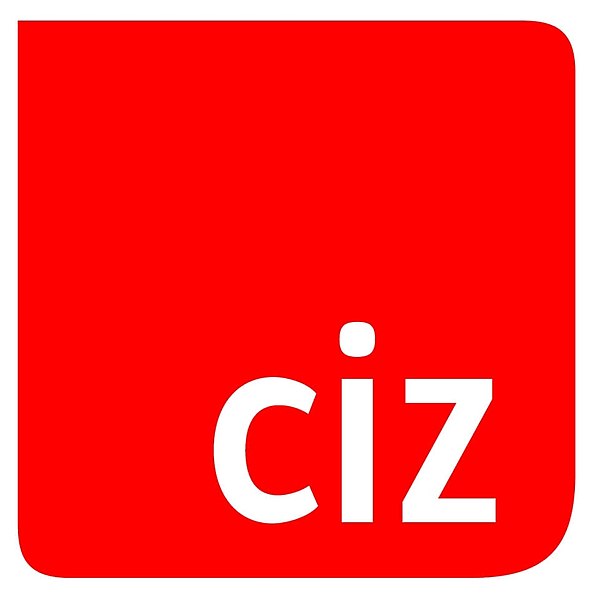Optimized healthcare estimation and delivery models for CIZ
The Azure-based Portero platform facilitates enhanced efficiency, cost optimization and healthcare forecasting for CIZ

At a glance
CIZ, a healthcare indicator provider, sought a digital solution to replace a critical legacy IT system. Atos designed and delivered Portero, a scalable Azure-based platform using a DevOps approach to enhance efficiency, insights and cost optimization.

Outcomes
- Enabled weekly release deployments through CIZ, enhancing delivery agility
- Reduced implementation costs for new functionalities by 30%
- Optimized IT resource utilization by up to 50%, improving operational efficiency
An effective co-operation based on a partnership with a shared focus on results. Enabled by professional management of Atos aimed at quality, productivity and project management.
Manda Oplaat
CIZ
Client Challenge
Since 2005, the Dutch Centre for Healthcare Indications (CIZ) has been responsible for determining eligibility for treatment and healthcare benefits under the Long-Term Care Act in the Netherlands. The organization employs over 1,100 staff members.
Each year, more than 25,000 healthcare providers submit approximately one million applications to the Dutch Centre for Healthcare Indications (CIZ), amounting to a total of €27 billion. The CIZ assesses the legitimacy of these claims for AWBZ care— a national insurance scheme covering exceptional medical needs— and determines eligibility for funding. These assessments enable citizens to understand which healthcare services they are entitled to receive and in what form such services will be delivered. Atos supports the digital infrastructure underpinning this assessment process.
CIZ was established in 2005 through the merger of 80 organizations. Its assessment and indication system, implemented in 1994, consisted of 17 databases and lacked adaptability to legislative changes. By 2013, the system had reached the end of its lifecycle. To address forthcoming reforms, CIZ aligned its information strategy with goals of flexibility, scalability, and future-proofing its core systems and IT infrastructure in collaboration with Atos.
Solution
In collaboration with Atos, CIZ developed the new IT system Portero to replace its outdated 1994 platform. Portero provides robust digital process support and is scalable for the upcoming decentralization of the AWBZ. On 25 November 2013, Atos delivered the fully Azure-based system using a DevOps approach to assess AWBZ healthcare applications. Atos designed, developed, and tested all applications, built an OTAP environment, and facilitated the migration from 17 databases to a single unified system.
Business Benefits
As a result of this effective approach, CIZ is now capable of deploying a new release on a weekly basis, if necessary. The solution also enabled the financial services provider to optimize its IT department resources by up to 50%. Furthermore, it achieved a 30% reduction in the implementation costs of new functionalities, with support from Atos.
Why Atos
The methodical approach—beginning with a design thinking workshop and continuing through an agile development process with dedicated design and development sprints—played a key role in understanding customer requirements, ensuring successful project execution. Leveraging innovative architectural strategies and robust requirements engineering, the Atos development team was able to effectively meet the defined customer needs, as demonstrated in this case.
